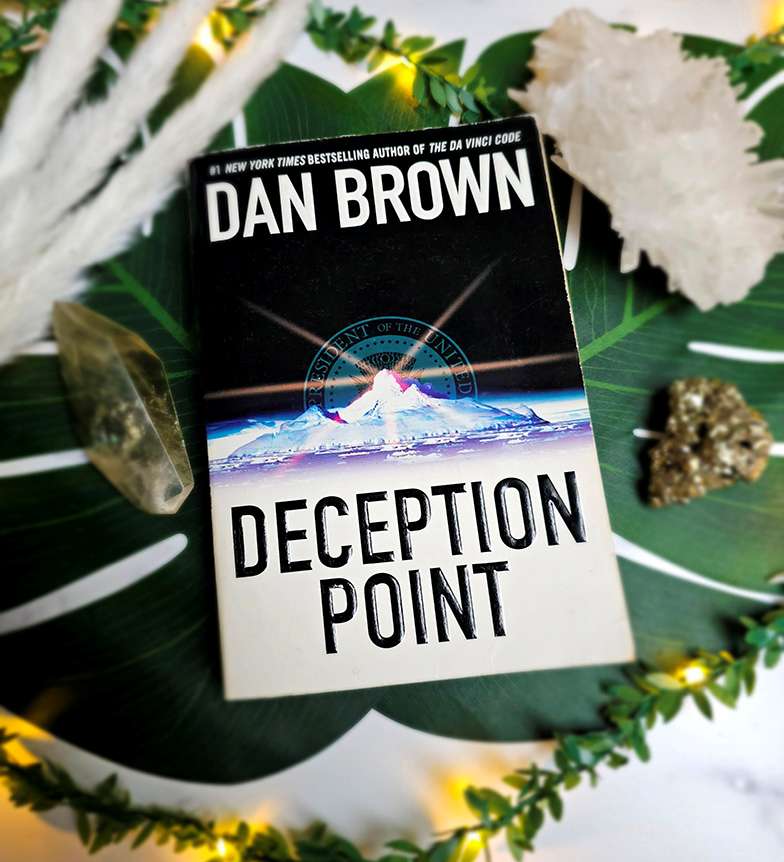
The Black Book
by James Patterson & David Ellis
Detective Billy Harney's life is turned upside down when he's framed for a murder he didn't commit, forcing him to navigate a web of corruption within his own police department.
Spoiler Warning
This review may contain spoilers. Read at your own discretion if you haven't finished the book yet.
When Memory Fails and Trust Becomes a Luxury
The Black Book represents a compelling collaboration between James Patterson's masterful pacing and David Ellis's legal expertise, resulting in a police thriller that cuts deep into the murky waters of institutional corruption and personal redemption. Set against the gritty backdrop of Chicago, this novel explores what happens when the very people sworn to protect and serve become the greatest threat to justice.
The Premise: Awakening to Nightmare
Detective Billy Harney awakens in a hospital bed with a bullet wound, fragmented memories, and the devastating news that his partner Kate is dead. Even worse, all evidence points to Billy as the shooter. With gaps in his memory and mounting evidence against him, Billy must navigate a dangerous game of cat and mouse while trying to piece together the truth of what happened that night.
The setup is immediately compelling—a protagonist who cannot trust his own memories, surrounded by people who may want him dead, investigating a crime he may have committed. This foundation gives the novel its driving tension and moral ambiguity.
Character Development and Psychology
Billy Harney: The Unreliable Protagonist
Billy serves as a fascinating unreliable narrator, not by choice but by circumstance. His memory loss isn't a convenient plot device but a genuine obstacle that affects every decision he makes. Patterson and Ellis skillfully use his condition to create uncertainty for both Billy and the reader, making us question every revelation and doubt every ally.
The Supporting Cast: Layers of Loyalty
From Billy's father, a high-ranking police official, to his fellow detectives and the criminals he's investigated, every character carries potential for both salvation and betrayal. The authors excel at creating a cast where loyalties shift and motivations remain unclear until the final revelations.
Kate Fenton: The Absent Partner
Though Kate dies early in the story, her presence permeates the narrative through Billy's fragmented memories and the investigation into her death. The authors use her character to explore themes of partnership, trust, and the personal costs of police work.
The Chicago Setting: Character and Backdrop
Authentic Urban Landscape
Ellis's familiarity with Chicago law enforcement and Patterson's skill at atmospheric writing combine to create a vivid portrayal of the city's criminal justice system. The setting feels lived-in and authentic, from the police stations to the courtrooms to the streets where deals are made and justice is negotiated.
Corruption as Environment
Chicago's history of institutional corruption isn't just background—it's integral to the plot. The authors present corruption not as individual moral failing but as a systemic problem that creates impossible choices for good people caught within bad systems.
Structural Excellence
Pacing and Revelation
The novel's structure mirrors Billy's fragmented memories, revealing information in carefully timed pieces that maintain suspense while building toward logical conclusions. Each chapter provides enough new information to maintain momentum while withholding crucial details until maximum impact.
Multiple Perspectives
While primarily told from Billy's point of view, the narrative occasionally shifts to other characters, providing context and maintaining tension without revealing too much too soon.
Legal Authenticity
Ellis's background as a prosecutor adds layers of authenticity to the legal proceedings and police procedures that ground the more dramatic elements in reality.
Thematic Depth
Institutional vs. Individual Morality
The novel explores how good people can become complicit in corrupt systems, and how institutional pressure can compromise individual integrity. Billy's situation forces him to choose between loyalty to the badge and loyalty to justice—a choice that may cost him everything.
Memory and Identity
With his memories compromised, Billy must rediscover who he is while determining who he can trust. The authors use his amnesia to explore deeper questions about identity, character, and the reliability of personal perception.
Justice vs. Survival
The book examines what happens when the pursuit of justice conflicts with personal survival, and how far someone should go to uncover truth when that truth might destroy them.
Strengths of the Collaboration
Patterson's Pacing
The trademark Patterson pacing is evident throughout—short chapters, cliffhanger endings, and relentless momentum that keeps pages turning. The structure serves the story without overshadowing character development.
Ellis's Legal Expertise
The authenticity Ellis brings to police procedures, legal processes, and institutional dynamics elevates the material above typical thriller fare. His experience as a prosecutor adds credibility to every courtroom scene and police interaction.
Balanced Perspective
The collaboration results in a balanced approach that neither glorifies nor demonizes law enforcement, instead presenting a nuanced view of people working within flawed systems.
Areas of Excellence
Plot Construction
The mystery unfolds logically, with each revelation building naturally from previous events while still providing genuine surprises. The authors avoid both easy solutions and completely implausible twists.
Dialogue and Voice
Character voices feel distinct and authentic, particularly in the police station and courtroom scenes where technical accuracy could easily become exposition-heavy.
Emotional Resonance
Despite the complex plotting, the emotional core—Billy's loss, confusion, and determination—remains clear and compelling throughout.
Minor Weaknesses
Occasional Convenience
Some plot developments, while not entirely implausible, require convenient timing or fortuitous discoveries that slightly stretch credibility.
Supporting Character Development
While the main characters are well-developed, some supporting players feel more functional than fully realized, serving plot purposes rather than existing as complete individuals.
Cultural and Social Relevance
The novel's exploration of police corruption feels particularly relevant in contemporary discussions about law enforcement accountability and institutional reform. The authors address these themes without preaching, allowing readers to draw their own conclusions about complex social issues.
Comparison to Other Works
Within Patterson's Catalog
The Black Book represents Patterson at his collaborative best, combining his strengths with Ellis's expertise to create something stronger than either might produce alone.
Police Thriller Genre
The novel stands out in the crowded police procedural field by focusing on the psychological and institutional aspects of corruption rather than simply presenting another "bad cop" story.
Reader Experience
Who Will Enjoy This
- Fans of police procedurals seeking psychological complexity
- Readers who appreciate collaborative works that blend different expertise
- Anyone interested in stories about institutional corruption and personal redemption
- Patterson fans looking for more substantive character development
Who Might Find It Challenging
- Readers who prefer straightforward heroes and villains
- Those seeking extensive action sequences over psychological drama
- Readers uncomfortable with moral ambiguity in law enforcement portrayals
Final Assessment
The Black Book succeeds as both an engaging thriller and a thoughtful examination of corruption, memory, and moral choice. The Patterson-Ellis collaboration produces a novel that maintains commercial appeal while addressing serious themes with appropriate complexity.
The book's greatest strength lies in its refusal to provide easy answers. Like Billy himself, readers must navigate uncertain territory where allies and enemies aren't clearly marked, and where doing the right thing might require breaking the rules.
This is thriller writing that respects its audience's intelligence while delivering the page-turning momentum that makes Patterson's work so popular. The result is a novel that satisfies on multiple levels—as entertainment, as social commentary, and as character study.
Rating: 5.0/5 ⭐
Perfect for: Police procedural enthusiasts, Patterson fans seeking depth, readers interested in institutional corruption narratives
Consider carefully if: You prefer clear-cut heroes and villains, or straightforward action over psychological complexity
You Might Also Like

Rapid Falls
by Amber Cowie
A psychological thriller about a woman who returns to her hometown to face dark secrets from her past that threaten to destroy everything she's built.

Deception Point
by Dan Brown
A high-stakes thriller involving a NASA discovery in the Arctic that could change everything, if the political conspiracy surrounding it doesn't destroy it first.

Devil's Claw
by J.A. Jance
Sheriff Joanna Brady faces a personal crisis when her mother-in-law seeks custody of her daughter while investigating a brutal murder case. The eighth book in the series combines family drama with a compelling mystery.